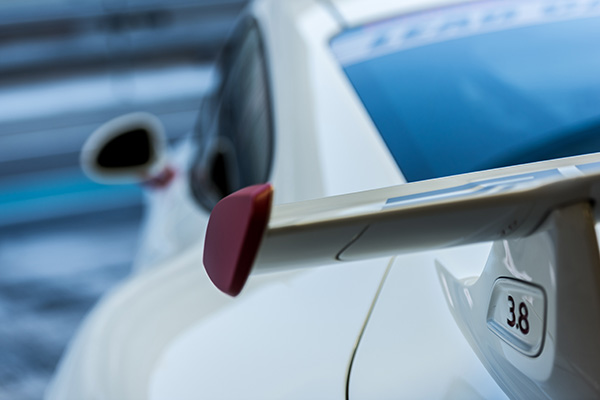
You've probably heard whispers about the IMS bearing issue if you're a Porsche enthusiast or owner. But what exactly is this problem, and should it concern you? This article explains the Porsche IMS bearing issue, examining its causes, consequences, and potential solutions. Let's explore why this problem has garnered so much attention and whether it's truly as serious as some make it out to be.
What is the IMS Bearing?
The Intermediate Shaft (IMS) bearing is a component in many Porsche engines, particularly those produced between 1997 and 2008. This bearing supports the intermediate shaft, which helps drive the camshafts indirectly via the crankshaft. Essentially, it's a critical part of the engine's timing system, ensuring everything runs smoothly and efficiently.
Why Does the IMS Bearing Fail?
The failure of the IMS bearing can be attributed to several factors:
- Design Flaws: The original design of the IMS in certain Porsche models has been criticized for its vulnerability. Over time, the bearing can degrade, leading to failure.
- Lubrication Issues: The sealed nature of the original IMS bearings means they don't receive adequate lubrication, causing wear and tear.
- Driving Conditions: Frequent short trips and extended periods of inactivity can exacerbate the issue, as the bearing isn't sufficiently lubricated during these conditions.
The Consequences of IMS Bearing Failure
Engine’s Total Lost
Catastrophic engine damage is one of the most alarming outcomes of IMS bearing failure. When the bearing fails, it can cause the intermediate shaft to become misaligned, leading to severe internal engine damage. This often requires a complete engine rebuild or replacement, which can be incredibly costly.
Financial Impact
Repairing or replacing an engine due to IMS bearing failure isn't cheap. The cost is several thousand dollars, depending on the extent of the damage and the specific Porsche model. For many owners, this financial burden is a significant concern.
Warning Signs to Watch For
Being vigilant about potential warning signs can help mitigate the risks associated with IMS bearing failure. Some common indicators include:
- Unusual Engine Noises: Listen for grinding or knocking sounds coming from the engine.
- Oil Leaks: Inspect your vehicle for oil leaks, particularly around the engine.
- Metal Debris in Oil: During oil changes, check for metal particles in the oil filter, which can be a sign of bearing wear.
Regular Maintenance and Inspections
Regular maintenance and inspections by a qualified technician can help catch IMS bearing issues early. If you own a Porsche from the affected model years, it's wise to have the engine inspected periodically.
Preventing IMS Bearing Failure
Upgraded Bearings
One of the most effective solutions to prevent IMS bearing failure is to replace the original bearing with an upgraded version. Several aftermarket options are available that offer improved design and better lubrication, significantly reducing the risk of failure.
Frequent Oil Changes
Maintaining regular oil changes with high-quality oil can also help prolong the life of the IMS bearing. Fresh oil ensures better lubrication and reduces the chances of debris accumulation.
The Importance of Addressing IMS Bearing Issues
Peace of Mind
Addressing IMS bearing issues proactively can provide peace of mind for Porsche owners. Knowing that your vehicle is protected against this common problem allows you to enjoy your driving experience without constant worry.
Preserving Vehicle Value
Taking care of potential IMS bearing issues also helps maintain the value of your Porsche. A well-maintained vehicle with documented preventive measures can be more attractive to future buyers.
Concerned about your Porsche's IMS bearing? Visit Chicane Motorsport for expert advice and top-quality solutions to prevent costly engine damage.